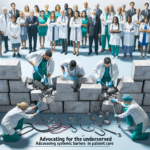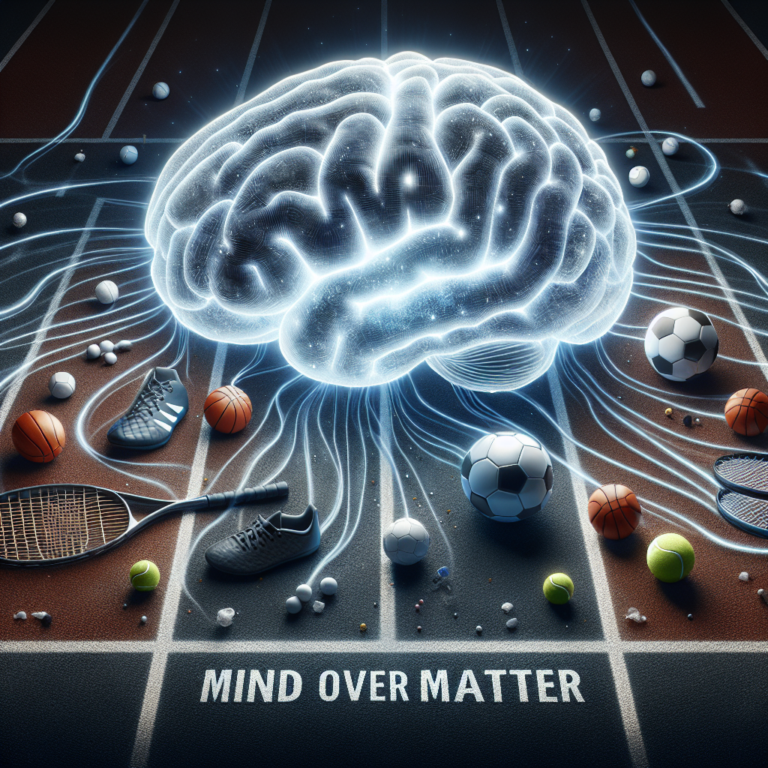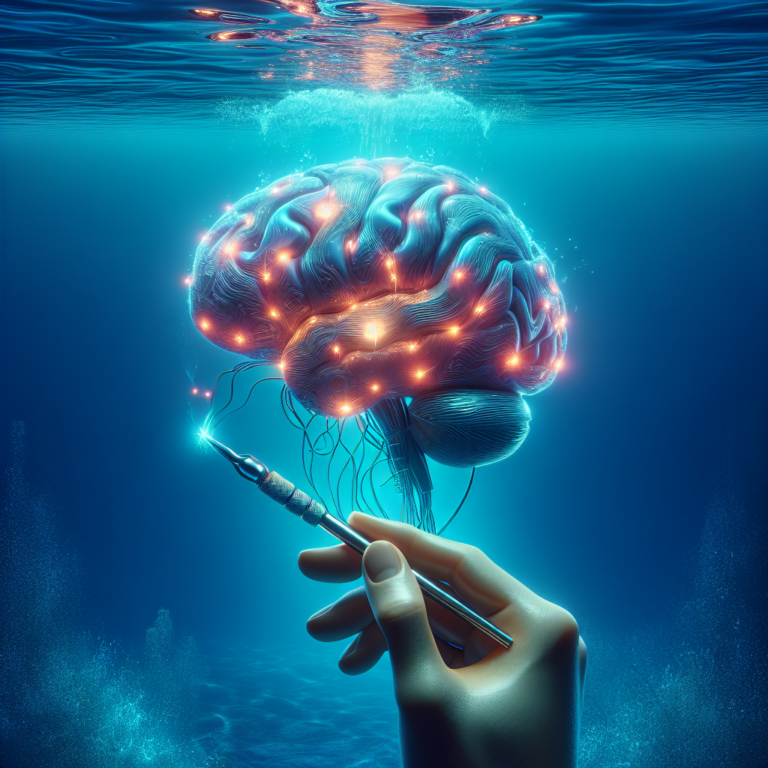
What You Should Know About Modern Treatment Options for Schizophrenia: The Essential Guide
Introduction
Schizophrenia is one of the most complex mental health disorders, affecting millions of individuals worldwide. It can be challenging not only for those who experience its symptoms but also for family members and caregivers. In recent decades, significant advancements have been made in the treatment of schizophrenia, paving the way for improved quality of life and recovery for those diagnosed with this condition. In this article, we will explore the modern treatment options available for schizophrenia, diving into their effectiveness, benefits, and personal stories that highlight their real-world impact. By the end, you will have a well-rounded understanding of what you should know about modern treatment options for schizophrenia, equipping you with the knowledge needed to navigate this intricate landscape.
Understanding Schizophrenia
Before delving into treatment options, it’s crucial to have a foundational understanding of schizophrenia. This chronic and severe mental health disorder is characterized by disruptions in thought processes, perceptions, emotional responsiveness, and social interactions. Symptoms often manifest in various forms, including:
- Negative Symptoms: Such as lack of motivation, diminished emotional expression, and reduced social engagement.
- Positive Symptoms: Including hallucinations, delusions, and thought disorders.
Each individual experiences schizophrenia differently, making it imperative to customize treatment to meet specific needs. The earlier someone receives a diagnosis, the sooner they can start exploring modern treatment options that could drastically improve their quality of life.
Modern Treatment Options for Schizophrenia
When discussing what you should know about modern treatment options for schizophrenia, it’s essential to recognize the dual approach of medication and therapy. These options work synergistically to provide comprehensive care.
1. Antipsychotic Medications
Antipsychotics are the cornerstone of schizophrenia treatment. They can alleviate positive symptoms and help manage negative symptoms in many cases.
First-Generation Antipsychotics (FGAs): These traditional medications target dopamine receptors and have been around since the 1950s. Examples include haloperidol and chlorpromazine. They can be effective but often come with significant side effects, such as tardive dyskinesia, which can severely impact quality of life.
- Second-Generation Antipsychotics (SGAs): These newer medications tend to have a more favorable side effect profile. Medications like risperidone, olanzapine, and aripiprazole impact both dopamine and serotonin receptors. While they are often better tolerated than FGAs, they can still cause weight gain and metabolic syndrome.
Case Study: Emma’s Journey with Antipsychotics
Emma, a 28-year-old woman, was diagnosed with schizophrenia after experiencing debilitating hallucinations. Initially prescribed an FGA, she found that the side effects were challenging to manage. After discussing her experiences with her psychiatrist, they transitioned her to an SGA, which significantly reduced her symptoms without the severe side effects she previously faced. Emma’s story illustrates the importance of personalized medication regimens in modern treatment options for schizophrenia.
2. Psychosocial Interventions
While medications are crucial, psychosocial interventions are equally important in managing schizophrenia.
Cognitive Behavioral Therapy (CBT): This form of therapy helps individuals challenge and reframe negative thought patterns. It’s effective in reducing the intensity of positive symptoms, particularly in combination with medications.
Supported Employment and Social Skills Training: These programs are designed to help individuals reintegrate into society, focusing on building job skills and confidence to interact socially.
- Family Therapy: Often, the relatives of those diagnosed with schizophrenia may struggle with the challenges that come with the illness. Family therapy can educate and equip family members with strategies to support their loved ones effectively.
Case Study: John’s Recovery Through CBT
John, a 32-year-old man diagnosed with schizophrenia, sought therapy after feeling trapped by his symptoms. Through CBT, he learned to challenge his delusional thinking and slowly regained control over his life. Within months, he transitioned back to work, highlighting how psychological interventions are key modern treatment options for schizophrenia.
3. Long-Acting Injectable Antipsychotics
For many individuals with schizophrenia, adherence to medication can be a major stumbling block. Long-acting injectable antipsychotics provide a solution by ensuring that individuals receive their medication consistently.
Advantages: These injections are administered every few weeks or months, removing the daily burden of taking oral medication.
- Examples include: aripiprazole lauroxil and paliperidone palmitate, which have shown efficacy in maintaining symptom control over extended periods.
Chart: Comparison of Antipsychotic Administration Methods
| Medication Type | Administration Frequency | Common Side Effects |
|---|---|---|
| Oral Antipsychotics | Daily | Weight gain, sedation |
| Long-Acting Injectables | Every 2-3 weeks/monthly | Injection site reactions, potential for metabolic syndrome |
| First-Generation Antipsychotics | Daily | Tardive dyskinesia |
| Second-Generation Antipsychotics | Daily or Long-Acting | Weight gain, diabetes risk |
4. Cognitive Remediation Therapy
Cognitive remediation involves exercises and interventions aimed at improving cognitive functions, such as attention, memory, and executive function. This therapy helps individuals improve their daily functioning and social skills, which can be severely impacted by schizophrenia.
Analysis
The relevance of cognitive remediation therapy cannot be overstated. While medications can alleviate symptoms, cognitive impairments often persist. Addressing these impairments can lead to significant improvements in an individual’s ability to function in everyday settings.
Conclusion
As we explore what you should know about modern treatment options for schizophrenia, it becomes apparent that a multifaceted approach is essential. Antipsychotic medications, psychosocial interventions, long-acting injectables, and cognitive remediation all play significant roles in the treatment landscape. Embracing these modern treatment options can empower individuals toward recovery and reclaiming their lives.
The journey may be challenging, but with a dedicated treatment plan tailored to individual needs, those living with schizophrenia can lead fulfilling lives. It’s important to stay informed about available options and seek professional support tailored to your unique situation.
FAQs About Schizophrenia Treatment
1. What are the first signs of schizophrenia?
Early signs may include social withdrawal, unusual thoughts, decreased emotional expression, and changes in sleep patterns. Recognizing these early warning signs is crucial for timely intervention.
2. How long does it take for antipsychotics to work?
Antipsychotic medications can begin to show effects within days, but it may take several weeks to see full benefits. Regular follow-ups with healthcare providers are essential for proper medication management.
3. Can therapy alone treat schizophrenia?
While therapy can significantly improve symptoms and coping strategies, a comprehensive treatment plan typically includes medications to manage the disorder effectively.
4. Are there any alternative treatments for schizophrenia?
Some individuals explore alternative treatments such as mindfulness, yoga, or dietary changes. However, these should complement, not replace, evidence-based medical treatments and should always be discussed with a healthcare professional.
5. How can family members support someone with schizophrenia?
Family support can be vital in the recovery journey. Educating oneself about the condition, encouraging adherence to treatment, and maintaining open lines of communication can significantly aid in their loved one’s recovery.
By understanding these modern treatment options and their real-world implications, you can help yourself or someone you care about navigate the complexities of schizophrenia effectively. Remember, recovery is possible, and hope is on the horizon.















